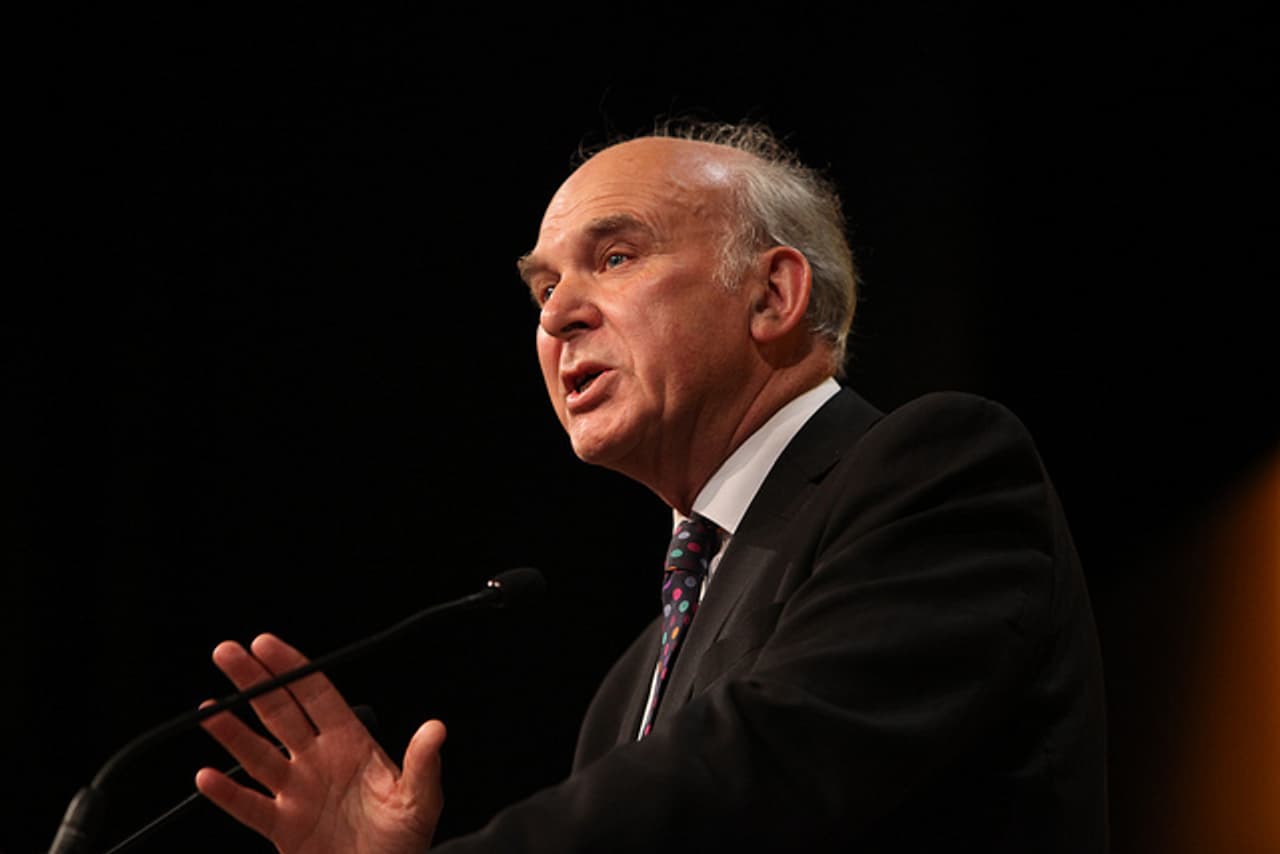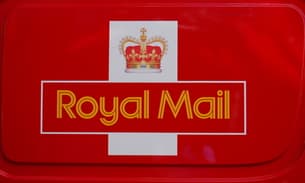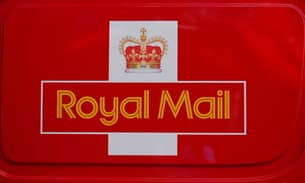
MPs given list of financial institutions that gained large shareholdings in Royal Mail float
Cable in the spotlight at BIS select committee (Photo: Dave Radcliffe)
The Business Secretary, Vince Cable, has provided MPs with a list of the 16 financial institutions given privileged access to shares in Royal Mail when it floated in October last year.
The move followed a call by MPs on a parliamentary committee to confirm the identities of the companies that had been given preferential access to shares in the float, following a report published by the Bureau yesterday that identified the majority of these priority investors.
Cable was grilled by Labour and Conservative MPs on the Business Select Committee. He had been recalled to answer questions, along with his deputy, Michael Fallon, following a scathing report on the sell off by the National Audit Office, which concluded that £750 million was lost to the taxpayer.
In the prolonged two-hour questioning MPs pushed the Business Secretary for greater transparency about the 16 organisations given preferential treatment in the share float and pressed him to confirm the organisations identified by the Bureau.
Ann McKechin MP said: ‘If the information comes out in the public domain, I don’t see why the committee should be in any worse position.’
In response to questions from Adrian Bailey about why the government would not disclose publicly the companies involved, Mr Cable stated that: ‘we were given legal advice to respect commercial confidentiality.’ Mr Cable also confirmed that the companies involved had denied his requests to be named.
Vince Cable did, however, agree to provide a private letter with the names of these companies to the committee. The Bureau understands this has now been sent to the chairs of both the Business Select Committee and the Public Accounts Committee, which has its second hearing on the privatisation of Royal Mail later today.
The flotation of Royal Mail was 24 times over-subscribed which meant many investors – both small and large – were unable to buy any shares at what has turned out to be a knocked down price. But the priority shareholders were given large allotments, with 16 companies holding 22% at float.
Yesterday the Bureau identified Kuwait and Singapore sovereign investment funds, Lansdowne, Capital Group, Threadneedle, Och-Ziff, Standard Life, Gazelle and holdings registered in the names of ING and Nordea as likely priority investors.
The other seven priority investors sold out completely, or at least down to a tiny holding, within a few weeks of the float and some may have sold out on the first day of dealings. The first available shareholder register is for October 15, a few days after dealings started on October 11, so it is difficult to establish initial shareholdings which would identify the other seven.
However, among those selling out of Royal Mail at a substantial profit in the first few weeks of dealings included George Soros’s hedge fund, Quantum Partners.
Other companies with large holdings on October 15 include fund managers Henderson and investment management company Blackrock. Press reports have speculated that Blackrock was a priority investor.
Related story: Unmasked: The city institutions given privileged status in the controversial Royal Mail flotation
As the government was so concerned about a sale, its advisers spent months sounding out potential investors.
Prior to the float 17 organisations were offered shares at 330p as long as they made a commitment to buy a set amount even in the event of industrial action or a US government debt crisis. Sixteen of these organisations – the priority investors – took up the offer.
The NAO revealed that seven of these shareholders sold out completely, or at least down to a tiny holding, making huge profits within the first few weeks. A further five had disposed of most or some of their allocation within the same time period.
In the committee Mr Cable admitted that he did not feel comfortable with many priority investors making large profits from selling their shares in the months since the floatation.
But the Business Secretary denied that Royal Mail shares were undervalued. He said: ‘The issue here is what were the circumstances at the time of the sale, which is what influenced the judgement of the flotation. And the circumstances which obtained five months later.
‘Five months later, the threat of major industrial action, which was a key material factor had ceased to exist. The major threats to the world economy which were prevalent in the autumn were no longer in existence.’
In a heated exchange chair of the committee, Adrian Bailey MP, dismissed his account as: ‘absolutely Alice in Wonderland. The fact is, you didn’t get the best price because on the day of sale the share price soared.’
By the end of the first day of trading Royal Mail shares had increased by 38%. By last Friday, Royal Mail shares closed at 519.5p – up 57% on the float price six months ago.
Related story: Royal Mail: did the government and bankers short-change Britain by £750m?
Following the Select Committee, shadow business secretary Chuka Ummuna piled further pressure on the government. He said: ‘It is time for ministers to finally come clean on how the public was fleeced of hundreds of millions of pounds – they should confirm the identities of the priority investors without further delay.’
Appearing beside Mr Cable, business minister Michael Fallon told the committee: ‘I have not seen any evidence that the shares were undervalued at the time of the flotation.’
Mr Fallon told the panel that in the context of uncertain industrial relations and fiscal instability in the US at the time of sale, they would have been unable to get a higher price.
The controversial float of the Royal Mail will be raised in parliament again this afternoon, when representatives from the government’s advisers on the float, Lazard, book builders Goldman Sachs and UBS.




